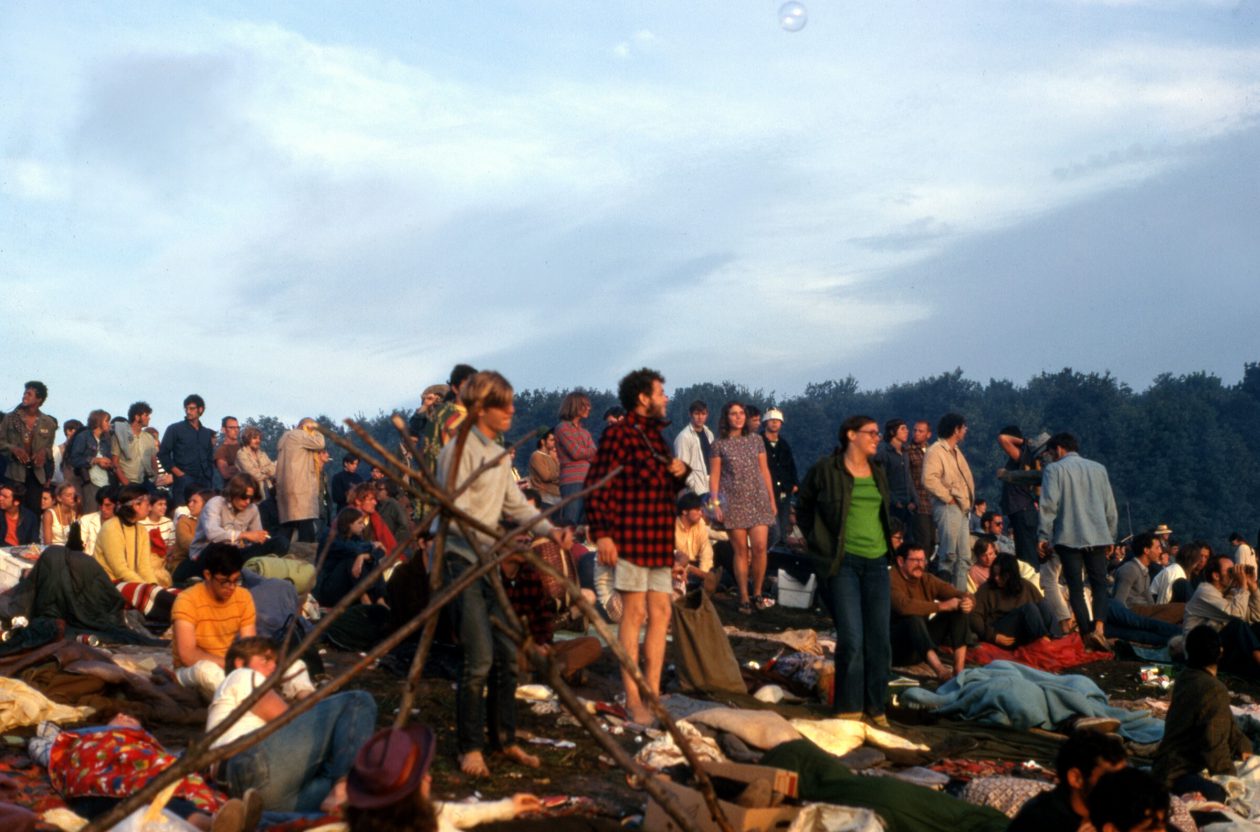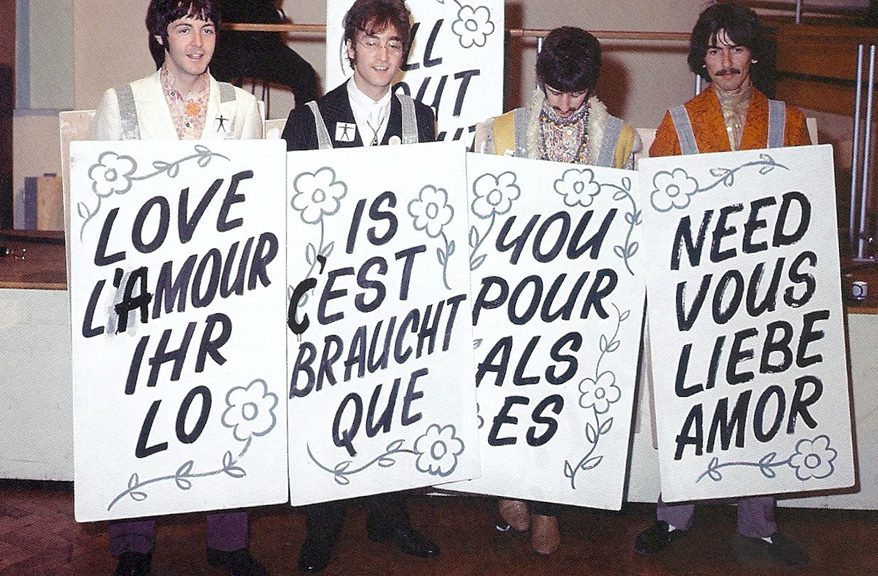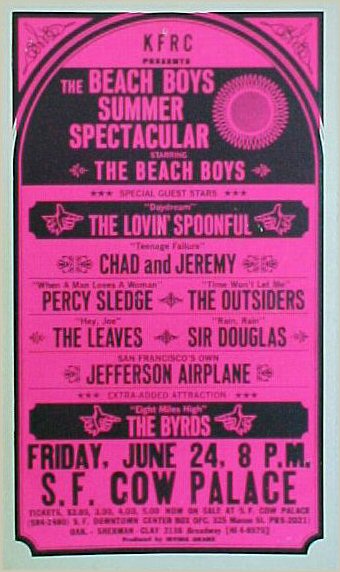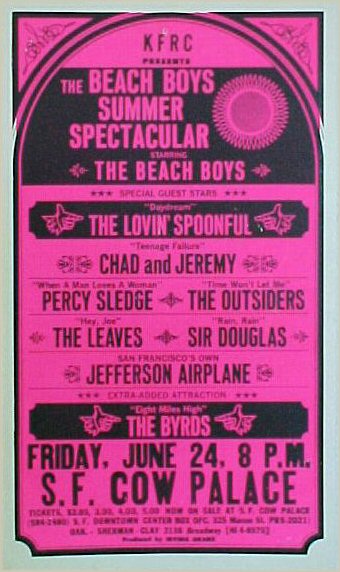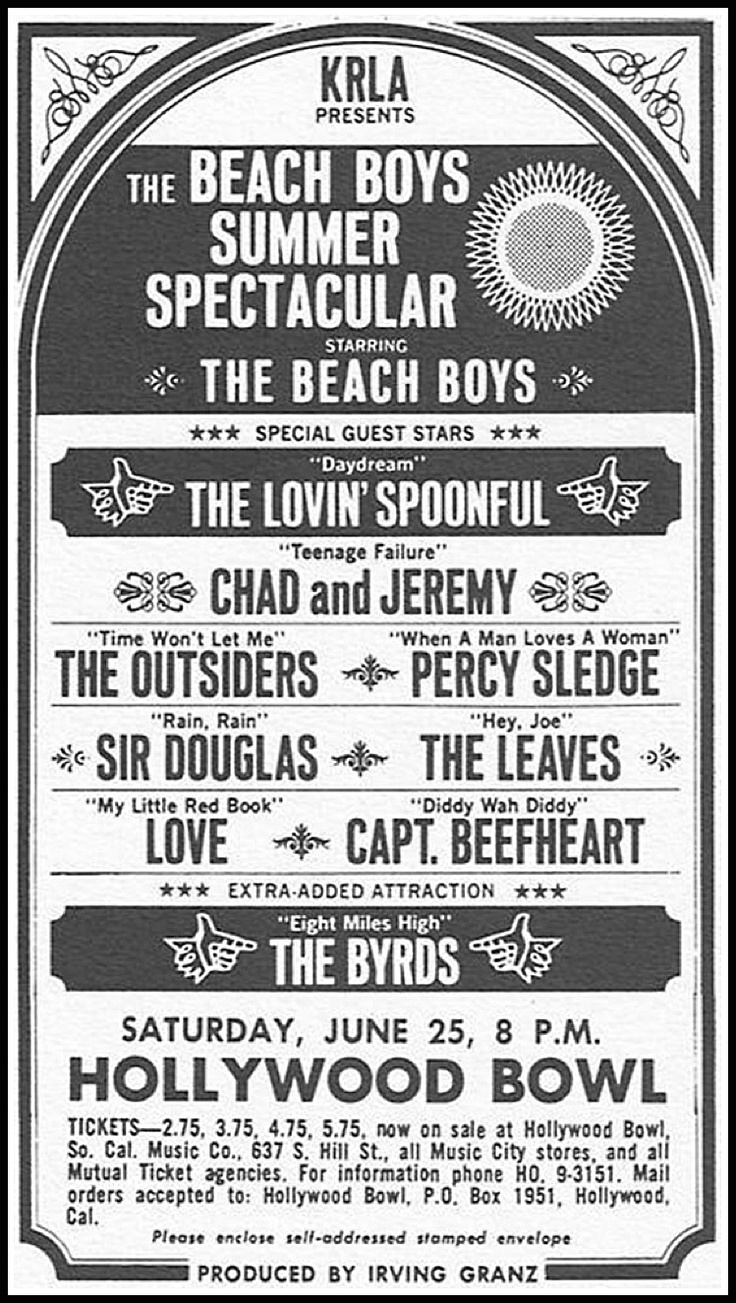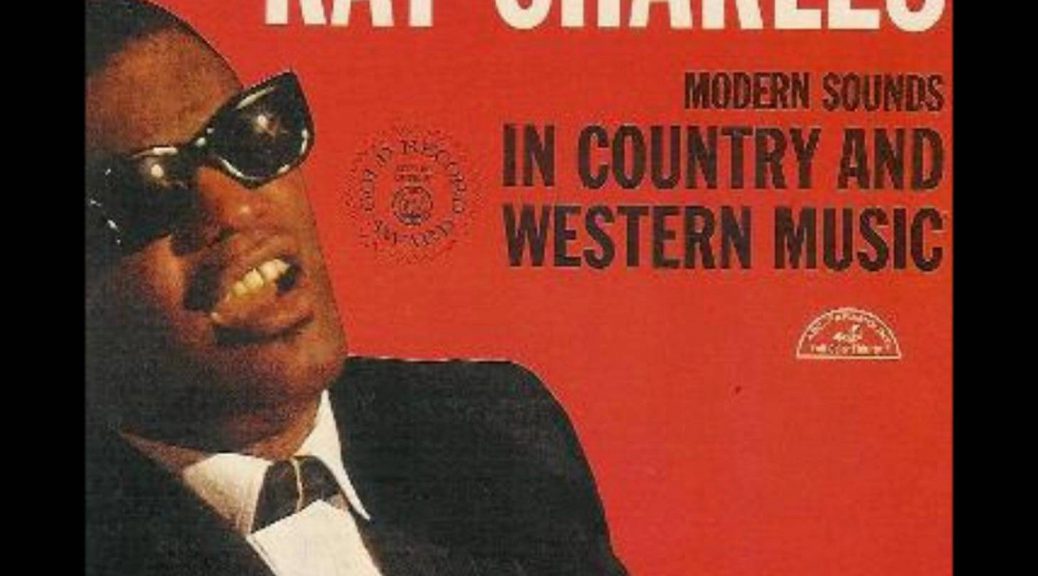Beatles Love All Our World
June 25, 1967
In 1967 what we watched on TV was mainly local other than the evening shows on the major networks. Cable TV was still in its infancy.
Yet the idea that everyone in the world could watch the same live TV program at the same was not new. The main problem was the technology and organization to do so.
Beatles Love All Our World
Aubrey Singer
Technology was no longer a hurdle. Aubrey Singer, a British Broadcasting Corporation producer, took on the organizational issues.
19 countries were lined up to participate but five Soviet bloc countries [Czechoslovakia, Poland, East Germany, the Soviet Union, and Hungary] withdrew just before the broadcast in protest for the Six-Day War.
Those who did participate were:
|
|
Each country would contribute its own piece. No politicians. No heads of state. A live broadcast. Interpreters for each country’s contribution.
In the end, the broadcast went to 24 countries and an estimated 400 to 700 million people watch.
Some of the segments included:
- from Canada, a Marshall McLuhan interview, views of Ghost Lake, a rancher and his cutting horse, and views from Vancouver’s Kitsilano Beach.
- from the USA, views of the house in Glassboro, NJ whre Lyndon Johnson and Soviet premier Alixi Kosygin met; a discussion about the impact of technology.
- from Japan, views of the construction of the Tokyo subway system.
Beatles Love All Our World
Beatles Our World
As selfish as I am, I am mainly concerned with the UK’s contribution: the Beatles. They had been asked to contribute a song. Paul suggested their recent released “Hello Goodbye” but a new song came instead: “All You Need Is Love”.
Although the song lists as usual that it was a Lennon-McCartney composition, John Lennon wrote it.
They started recording the song on June 14th, with Lennon on harpsichord, McCartney on double bass with a bow, George Harrison on violin (for the first time in his life!) and Starr on drums. (Rolling Stone magazine article)
Beatles Love All Our World
…and invited friends
While the ground rules stipulated a completely live performance, the Beatles and invited friends sang to a pre-recorded track for simplification. Those friends? Mick Jagger, Eric Clapton, Marianne Faithfull, Keith Richards, Keith Moon, Graham Nash, Mike McGear, Patti Boyd, and Jan Asher.
The single “All You Need Is Love” was released in the UK on July 7 and in the US on July 17. The song hit #1 in both countries.
Beatles Love All Our World
Not all enthusiasm
While the millions of Beatles fans found the show and the performance wonderful, there were some Brits who felt otherwise.
- “This country has produced something more meritorious and noteworthy than The Beatles (much as I admire them)”
- “We did not do ourselves justice”
- “Have we nothing better to offer? Surely this isn’t the image of what we are like. What a dreadful impression they must have given the rest of the world”
- “We flaunted The Beatles as the highlight of British culture, no wonder we have lost our image in the eyes of the world”
